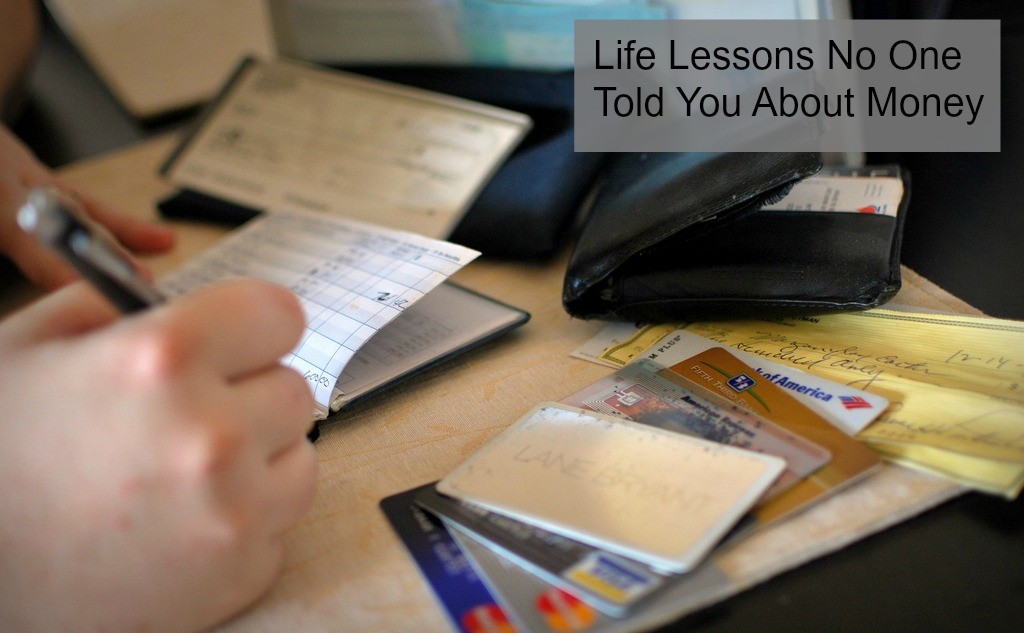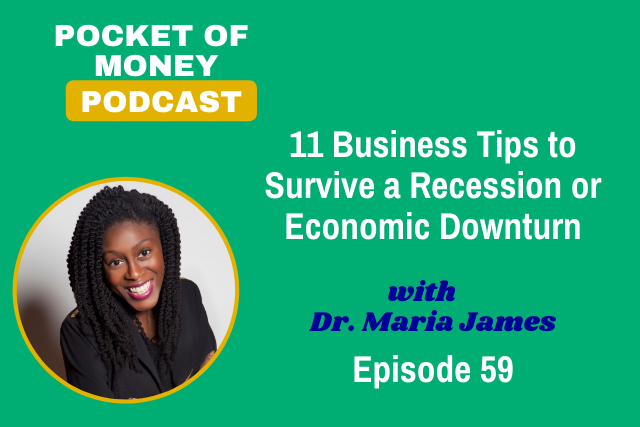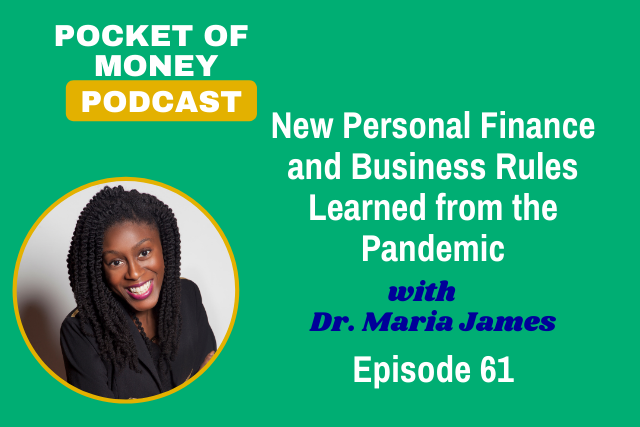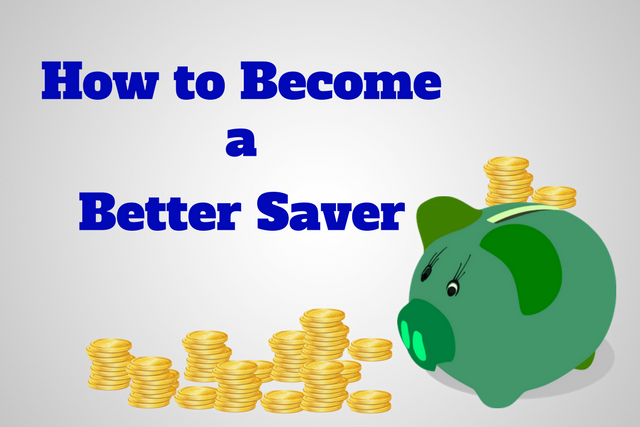Life Lessons No One Told You About Money

Life lessons about money normally come about through trial and error (and make for interesting stories). You learn different life lessons about money in this manner due to the fact that there is little formal education on finances in our society. Financial skills are often not taught in schools and rarely go beyond teaching how to balance a checkbook, and just the how not the why.
Only 17 states have mandatory personal finance courses that high school students must pass to graduate. However, most teenagers have a job so they have an income to manage and most do so poorly. In childhood you’ve learned that you have to work to get money. The other important lessons on finance management usually come at a price. Many end up so far behind the eight ball because of a lack of financial literacy.
Lesson 1: Credit cards are not free money.
After high school you’re headed to college or the work force. Enter in the credit card companies. As soon as your senior year of high school hit, you probably started getting offers for credit cards in the mail. If you didn’t receive offers in high school as soon as you went to college, you saw the companies on campus at fairs. Just sign up and you’ll get a free t-shirt, pizza, and money to spend. Seemed like a great deal. Why not? So students buy books, food, clothes, tickets etc. with the credit card.
In 2013, college students graduated with an average of $3,000 in credit card debt. Wow, so you’re just starting a new job with an entry level salary, you likely have student loans (many consider good debt) and now you have this credit card debt that can compound at a rate as high as 30%.
Well, now there is the full understanding that “ok I need to pay this money back (plus hundreds or thousands of dollars in interest).” However, the student still has no skills with financial management so is likely struggling to pay it back or letting it linger a bit, thinking it’s not that big of a deal. This money habit can linger on and on and hinder the building of wealth.
Advice: If you currently have debt, create a debt reduction strategy to target one loan at a time so that you can pay them down quicker. Pay credit cards down before loans such as student loans or a mortgage. Put credit cards in the freezer or another hard to reach place so you’re not tempted to use them.
Lesson 2: I need a plan for now and the future.
Fast forward a few years. Now you’re maintaining your career and experience other major life events. Maybe you’ve gotten married, had a baby, bought a house etc. Your spouse may have debt, which now becomes your debt, babies aren’t cheap, mortgages and maintaining a house isn’t cheap either. Now you have additional expenses, a family to protect and futures beside your own to consider.
If you haven’t invested in learning personal finance skills, there may be quite a bit of frustration and confusion as to how to eliminate your debt once and for all and escape the debt-credit cycle AND establish financial security for yourself and the family (yes, I made the sentence long on purpose).
Once again there hasn’t been any formal education on how to prepare your household finances so you’re doing trial and error. However, without a concrete plan for your finances and building wealth you aren’t likely to establish financial security or see much growth in your money. The earlier you start the better.
Take control of your money. Don't let your money control you. Get the management tools.FREE Money Management Toolkit

Advice: One part of financial security for a family with dependents is life insurance. If you have children or anyone depending on your income to survive then get life insurance from a reputable person whom you trust. Also gather as much financial information as you can and implement what is important for your situation. Implementation is key. You must take action to see results.
Create a financial plan that includes a budget (check out this article on how to create a budget), savings, insurance, retirement investments, and investments outside of retirement plans. Have a specific goals you are trying to reach with specific dollar amounts (read about what makes a good goal here).
Do you want to teach your children more about personal finance to help them avoid money mistakes and bad habits? Check out these resources:
1) National Financial Education Council
2) Jumpstart Coalition
Leave your comments below and reach us on Facebook and Twitter. There’s even more content in the newsletter. Sign-up to get it.
Photo credit: Morgan







Responses